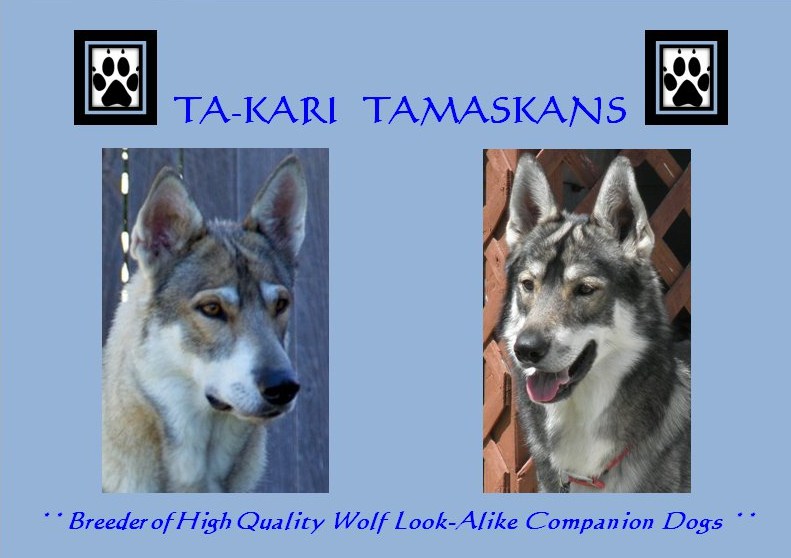|
|
 |
|
Remember that
large breed dogs are susceptible to canine hip dysplasia. Therefore, you do not want to overload their bodies with high
calcium contents. Also, feeding a puppy kibble is usually too high in protein for their little bodies. Serving
the right quantities will help avoid joint and hip problems later on as a result of growth spurts too fast. This is one of the reasons I absolutely recommend a raw diet! When
raw feeding your puppy, it will grow more slowly and more evenly, avoiding those "growth spurts" that can lead to
eventual hip/joint problems later on. But makes sure it is an even diet (meat, organs and bone). However, if you must feed kibble, you must feed the best quality kibble. (By the
way, "puppy" food is not a necessity; it's just a marketing gimmick. You can feed an adult food as long
as it has the proper nutrition for your pup.) What is the "best" quality? Your first 2-3 ingredients
should be meat or meat meal. Avoid anything with corn, wheat and glutens (which can cause allergies and skin conditions),
and the by-products. If you can get a grain free, that's great. Brown rice, barley and potatoes
are ok, but they should not be main ingredients. Look for natural ingredients (kelp, fruits, vegetables, essential oils,
probiotics). The higher quality the kibble, the body will utilize the majority of what it takes in, thereby reducing
the number of times your dog needs to 'eliminate' the excess. [When Takeia was on kibble, she would only defecate
once or twice a day.]
Remember though: No matter how
high the quality, kibble is still processed. So, if you can switch to raw feeding, I highly
recommend it for a variety of reasons.
|
 |
|
SOME FACTS ABOUT KIBBLE:
Kibble and canned food was the invention of humans to make feeding canines more
convenient. It came into existence in the 1930's. What were dogs fed prior to that? It was human food
or table scraps. Kibble takes much longer to digest and can lead to digestive issues.
Kibble
and Canned Food Good quality kibble and canned food is available.
Even those who feed their dogs only real food should keep some on hand for emergencies and travel. The best dog food is made
with real, whole, recognizable ingredients. Avoid foods that include by-products. Specific meats or meat meal (a concentrated
source of highly digestible protein) should be the main ingredient, not just listed generically as “meat”. There
are a variety of good meats including beef, chicken, turkey, duck, lamb, bison, pheasant, salmon and venison. The best dog
food also includes a variety of vegetables and sometimes fruits. Grains, if present at all, should be low on the list of ingredients.
Other nutritional supplements and probiotics are often added to dog food. A reputable dog food company will provide an explanation for each supplement and how it benefits dogs. Probiotics aid in
digestion. Preservatives are the most important thing to watch out for. Any preservatives should be natural, such as (vitamin
E) and ascorbic acid (vitamin C). Some kibble will not have any preservatives, and the best kibble is packaged in a vacuum
sealed foil bag.
|
 |
|
IF YOU MUST FEED KIBBLE, THESE
ARE RECOMMENDED KIBBLES (anything else will void the health guarantee): COMING SOON
|
|

